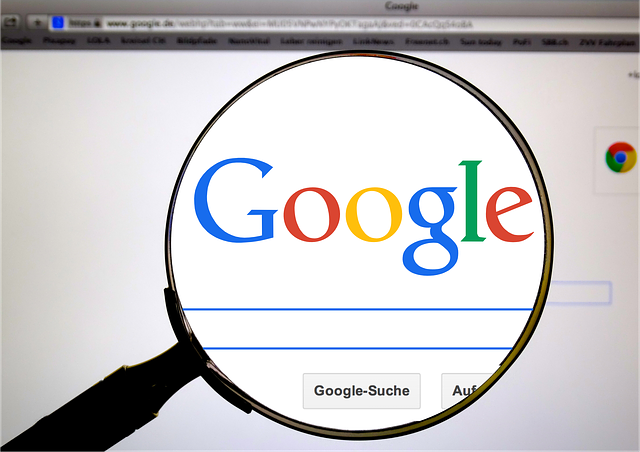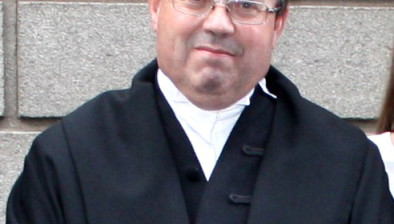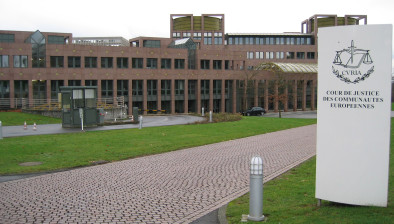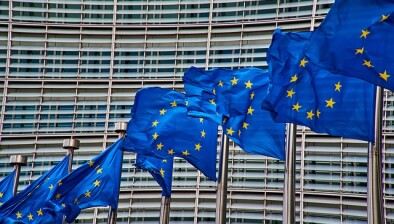Former EU leaders call for break-up of Google adtech business

A group of former European leaders have called on the European Commission to pursue a “structural separation” of Google’s adtech business.
A letter signed by 18 former European presidents and prime ministers who are members of Club de Madrid, the world’s largest forum of former heads of state and government, was sent to Commission president Ursula von der Leyen yesterday.
The Commission is set to decide its approach to Google’s adtech dominance in the coming weeks, following its 2023 statement of objections which found that only a mandatory divestment — a breakup of Google’s services — could effectively restore competition.
The signatories argue that such action is necessary to restore competition, protect Europe’s media sector and reduce reliance on dominant foreign platforms.
An imminent decision is expected in a parallel case in the US, which could also order the break-up of Google’s adtech business.
The letter highlights concerns that Google’s control over digital advertising, enabled by its 2007 acquisition of DoubleClick, has stifled competition and left advertisers and publishers dependent on its services.
A former Google executive previously described Google’s role in adtech as equivalent to “Goldman Sachs or Citibank owning the New York Stock Exchange”, underscoring the scale of its market power.
The signatories warn that Google’s monopoly threatens Europe’s media landscape by draining revenues from independent publishers. They argue that the rise of ‘news deserts’, where communities lack access to independent journalism, weakens democratic accountability and fuels misinformation.
The letter recommends a breakup of Google’s adtech business to restore fair competition as well as investment in a “European Tech Deal” to boost innovation and build independent digital infrastructure.
Danilo Türk, former president of Slovenia and current president of Club de Madrid, said: “Europe’s sovereignty and security are under great pressure.
“The EU’s pioneering tech regulations set a global benchmark, but true digital independence requires more than regulation alone.
“Pursuing structural separation in the Google case would send a strong signal that Europe is committed to fair and open digital markets, safeguarding democracy from the escalating threats of unchecked power and foreign influence.”









